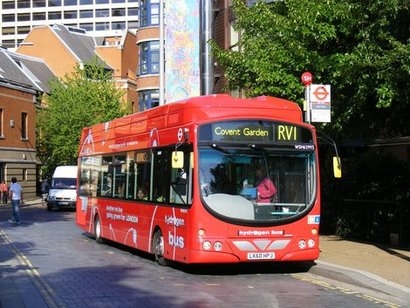
The Transport Decarbonisation Plan defines the policies and plans the country will need to reduce emissions from transport, assessing the challenge and the current situation. A series of workshops and other events will be held throughout the year in order to enable interested parties to provide input into the plan.
“Transport has a huge role to play in the economy reaching net zero” said Transport Secretary Grant Shapps. “The scale of the challenge demands a step change in both the breadth and scale of ambition and we have a duty to act quickly and decisively to reduce emissions. The associated benefits of bold and ambitious action to tackle transport emissions are also significant. We can improve people's health, create better places to live and travel in, and drive clean economic growth.”
Transport is now the largest source of greenhouse gas emissions in the UK, representing 28 percent of total emissions. In order to reduce emissions, the Government wants to hear from individuals, businesses, trade associations, local authorities, scientists, researchers, innovators, interest groups and environmental groups.
The document states that public transport should become the natural first choice for most people travelling around performing their daily tasks and activities, with cars being used less. This requires a reliable, convenient, cost-effective and coherent public transport network.
All road vehicles should be zero emission and technological advances will change the way in which vehicles are used. The country will also aim to adopt a leading role in the development of biofuels, hybrid and electric aircraft to reduce the impact of air travel on the environment. The document expects that zero emission ships will take over from conventional shipping globally.
For additional information:

